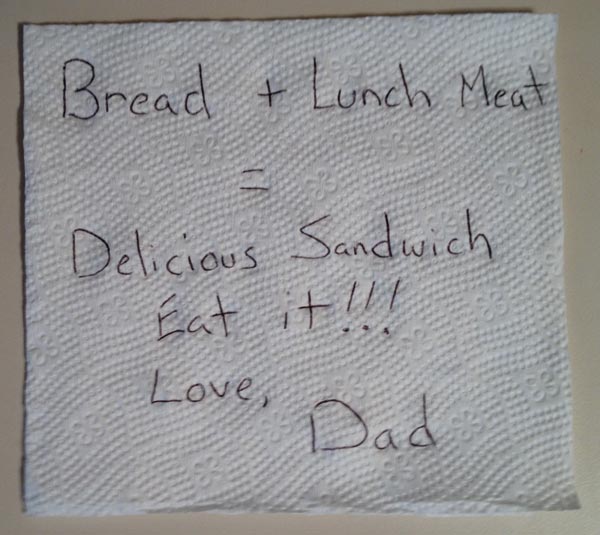Speech Buddies Parents’ Corner – You Don’t Have to Shout! Nine Tips to Get Kids to Listen More
- Image Courtesy of lifecoachingforparents.com
Do you ever feel like the only way to get your children to listen is to continuously raise the volume of your voice? Whether it is competing with the chaotic noise level of the busy house or struggling through a battle of wills with an independent child, getting children to listen is sometimes one of the most challenging experiences we have as parents. As a mother of four children I’ve had to discover tips to get kids to listen more – without raising my own vocal volume in the process.
6 Tips to Get Kids to Listen More
1. Keep a jar of jokes. Let’s face it – one of the reasons why kids get tired of listening to us is that so often we have to be the bearer of bad news. Do your homework. Clean your room. Get your child’s attention by keeping your own jar of jokes – just strips of paper with a joke on each one, folded and put in a jar or bowl. Keep it in the kitchen or somewhere you can easily access, and try starting a conversation (or instruction) with a joke. It will catch their attention and set a better tone for the rest of what you need to say.
2. Say it in a note. A handwritten note not only gives your kids clear information they can read over again, but it lets them know you care enough to take the extra time. What my husband doesn’t know is that whenever he leaves a note for our daughter, even with just mundane information, she saves it because he usually signs it Love, Dad – and that’s all it takes to make the note important.
3. Give random compliments each day. Kids are more likely to pay attention when they aren’t worried that what they hear will be negative. Get in the habit of saying positive things to your child that perhaps you wouldn’t normally mention – and do it when they are least expecting it. I like the way you helped your brother tie his shoes today. That last jump you took with your bike was pretty awesome!
4. Get silly! Sometimes I start singing what I want my kids to hear – and that gets their attention (but unfortunately teenagers don’t appreciate this in public, so I’m limited to this activity at home). One time I created a rap that I knew would get their eyes to roll, but they also vividly remembered the words I said, and plenty of times I turn what could be said simply into a cheer – complete with leg kicks that make me regret those moves the next day. Who says parenting means we have to dump the fun at the end of the driveway?
5. Get down to your child’s level. This tried but true method seems to work every time because it takes away any inference of threat and encourages eye contact. For kids who aren’t near your eye level, get on the floor or sit with your child on the sofa while you talk together (this is actually what I have to do with my teenager who long ago grew almost a foot taller than I am!).
6. Watch yourself in the mirror. I had a reality check a few years ago when I was fixing my hair in the bathroom and was trying to explain for the 57th time which chores needed to be completed. As I started to respond to a child, I saw my own face – with a wrinkled nose and furrowed brow – and I realize I wouldn’t want to listen to someone who was speaking to me with that scowl on her face. If you ever want to know what your kids see when they listen to you, try to watch yourself in the mirror – it can be a real eye-opener!
More Tips to Get Kids to Listen More
- Give choices – Do you want to read a book or listen to a song before bedtime? (Bedtime isn’t an option, the pre-bedtime activity is.)
- Use motivation charts – Sometimes I think the kids just get tired of hearing my voice, so I let the chore charts do the talking.
- Imagine yourself in church (or any other place where you are usually quiet) – I sometimes surprise myself – and my kids – with how quiet I can be with my voice but still get my point across.
Whether you break out in a cheer, leave a note on the counter, or add a random compliment into the conversation, communicating with kids effectively requires creativity and patience. What is your favorite tip to get kids to listen more – without you having to turn up the vocal volume?





